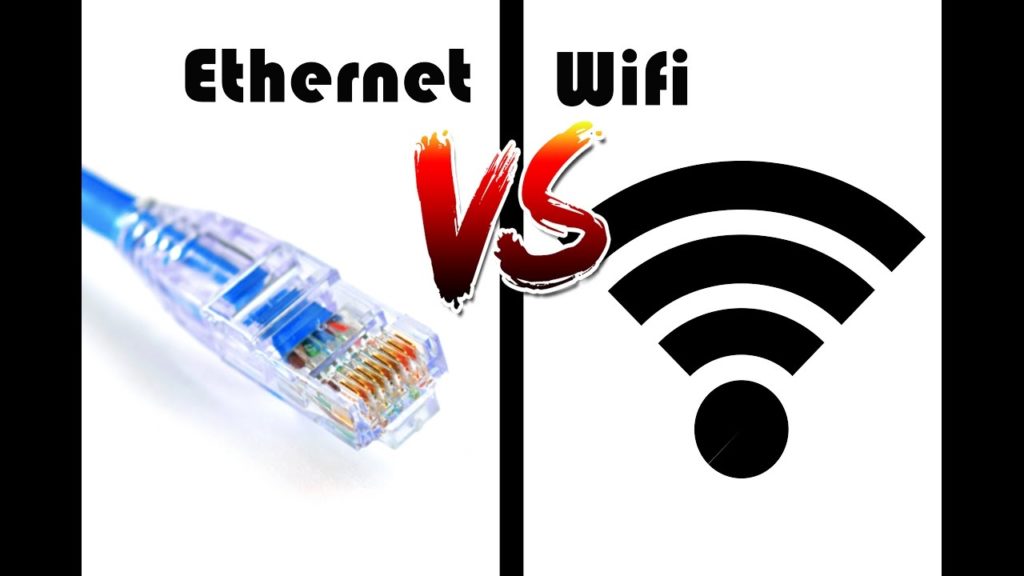Wired vs Wireless Network Connections

It’s a wireless society we live in now. You can connect to a wireless internet connection while eating at a restaurant or sitting in the park. Naturally when we are at home or the office we also enjoy the freedom of a wireless connection. Sometimes we forget about those ports on the back of our routers that provide a wired connection as well.
What’s the difference in a wired (ethernet) and a wireless connection? Besides the obvious restrictions to freedom of movement in a wired connection there are 3 main differences.
- Speed
- Latency
- Reliability
An ethernet connection is faster than a wireless connection. Max speeds for an ethernet connection are up to 10 gigabits/second whereas even on the latest standard of wireless routers speeds max out at 866 megabits/second (1 Gb/s =1000 Mb/s). That wireless connection is also shared between all devices on wireless, so more devices = less total speed. Of course if you are talking about strictly internet traffic then your internet speed will also be a bottleneck. Moving data through an internal network such as one computer to another will always benefit from a wired connection.
Latency is the delay in time for a signal to reach it’s destination. A wired connection will have less latency than a wireless connection. In real life this will mostly matter for things like online video gaming or real time video conferencing where being in sync with others really matters.
Reliability is probably the biggest advantage of an ethernet connection. Wifi signals will sporadically drop. They are also susceptible to outside signal interference from other devices and materials. Distance will hugely degrade and slow wifi signals.
Bottom line is if you don’t need to use a wifi connection and have the option of plugging in, then you are much better off with an ethernet connection to your computer, television, or gaming console.
